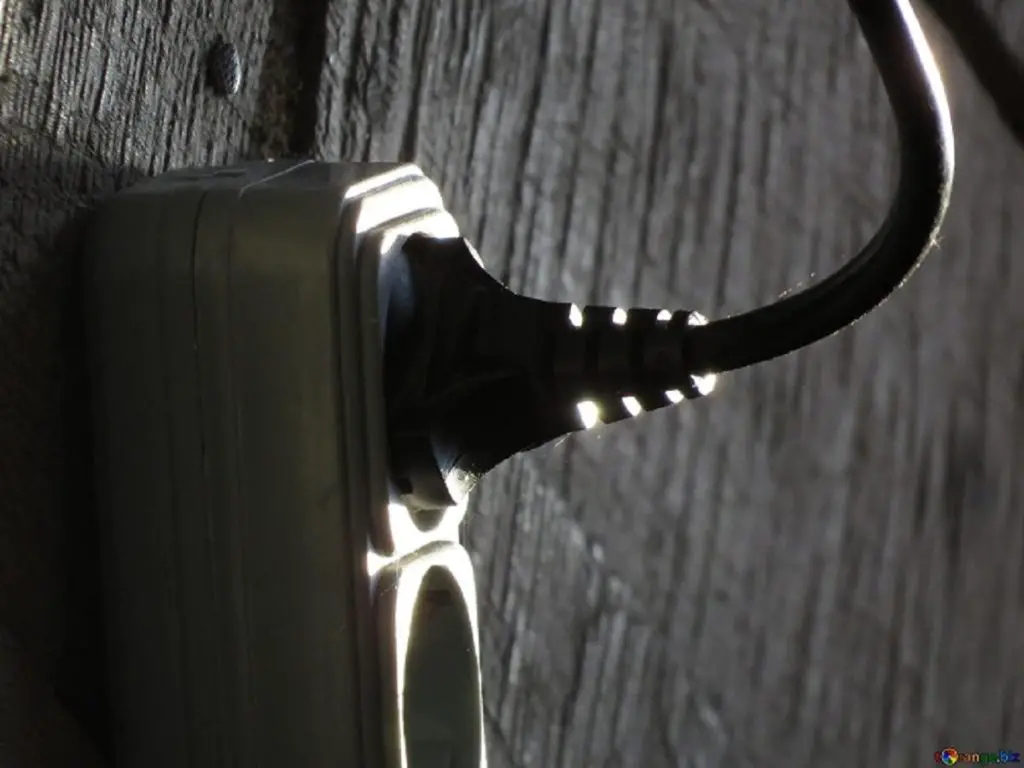There are potential electrical hazards in any home. You can eliminate these hazards, or at least reduce the likelihood of an accident, by keeping aware and taking steps to address the dangers.
Ideally, you should seek the assistance of an electrician.
Contents
- 1 What Are the Electrical Hazards in Your Home?
- 1.1 1. Faulty Electrical Wiring
- 1.2 2. Leaving Appliances Plugged in Near Water Sources
- 1.3 3. Light Bulbs with the Wrong Wattage
- 1.4 4. Overloaded Power Strips and Outlets
- 1.5 5. Unprotected Electrical Outlets
- 1.6 6. Improper Use of Extension Cords
- 1.7 7. Using Unsafe Appliances
- 1.8 Contact a Professional
What Are the Electrical Hazards in Your Home?
Of course, learning what electrical hazards to look for is one of the best ways to help prevent an electrical accident.
Below are some of the most common electrical hazards that every homeowner should know about.

1. Faulty Electrical Wiring
Faulty wiring is the leading cause of residential fires in the US, according to the National Fire Prevention Association.
Have a certified electrician check your home’s wiring every few years. This is a sure way to know if any wiring in your home requires replacement or repair.
If the wiring in your home is 30 years or older, you’ll need to have a professional check the entire system once a year.
Call an electrician at once if the lights in your home dim
or flicker, breakers repeatedly trip, or outlets feel warm or spark. These are indications
that you may need to repair the wiring in your house.

2. Leaving Appliances Plugged in Near Water Sources
Don’t unplug electrical appliances that get wet. Doing so can cause fatal electrocution. Instead, go to the electrical panel box in your home and turn off the power source to the outlet. Then you can unplug the appliance and have a qualified repair person evaluate its safety.
Always unplug appliances when they aren’t in use to help reduce risks of shock. Have a professional install Ground Fault Circuit Interrupter (GFCI) protected outlets in your home to minimize the risk of electric shock or electrocution.
GFCIs will immediately cut off power when someone receives a shock. This helps prevent serious injury. Many jurisdictions have made these mandatory in new builds.

3. Light Bulbs with the Wrong Wattage
When you use a light bulb with a higher wattage than a lamp can safely accommodate, you risk overloading the lamp’s wiring. That overloading leads to excessive heat and that can easily lead to a fire.
Avoid this hazard by using light bulbs with wattage that’s less than – or equal to – the maximum wattage printed on the lamp’s socket. If you need stronger light, buy a lamp that uses a higher wattage bulb.

4. Overloaded Power Strips and Outlets
Power strips and outlets can only accommodate a certain amount of electricity. Plugging several high voltage devices into a power strip can overload the strip or the outlet. This is another frequent cause of electrical fires.
Don’t plug adapters into the power strip to increase the number of devices it can accommodate. Plugging two or more power strips together can result in a dangerous overload.
If you use power strips in your home, choose models that include a circuit breaker. If the power strip becomes too hot or overloaded, the breaker will trip. This minimizes the risk of a fire.
Only use power strips with the Underwriters Laboratories (UL) design approval. You should regularly check the power strips in your home for degradation or damage.

5. Unprotected Electrical Outlets
Young children tend to be curious about electrical outlets. This can present a serious danger. Children risk burns and electrocution when they put their finger or an object into outlets.
Protect young children from these risks by using plastic closures to cover any outlet they can reach.
For a more permanent solution, Safewise recommends that you install child safety wall plates.
These plates feature built-in outlet covers that
automatically snap into place when the outlet is not in use.

6. Improper Use of Extension Cords
People often use extension cords improperly. This can result in a hazardous situation. To prevent this hazard, buy UL rated extension cords. Match the cord to its use.
For example, if you’re using the extension cord outdoors, buy an extension cord designed to withstand the elements.
Don’t overload the cord by plugging in multiple heavy-duty appliances. Avoid running the extension cord under a rug or other surface.
Make sure the cord is in good condition before you use it. These cords don’t last forever. If you’re constantly using an extension cord to provide power to a specific area in your home, install additional electrical outlets instead.

7. Using Unsafe Appliances
If your toaster smokes or if you use a clothes dryer that constantly trips a circuit breaker, stop using them. Malfunctioning appliances are unsafe.
To avoid an electrical fire, shock, burn, or other injuries, don’t use faulty appliances.
If an appliance starts to malfunction while in use, go to the main electrical panel in your home and cut off the power to the appliance. Unplug the appliance and either recycle it or get it professionally repaired.
Be wary of buying used appliances. You can’t be sure of their safety. More importantly, never use an appliance that the manufacturer has recalled. The U.S. Consumer Product Safety Commission maintains a searchable database of all recalled appliances.

Use these tips to identify and correct potential electrical hazards in and around your home and learn more ways to improve your family’s safety.
Contact a Professional
Check your appliances regularly for faulty switches, plugs, and frayed cords.
Never try to do any electrical work on your own. If you think there are hazards present in your home, contact a licensed electrician to help you resolve them.






